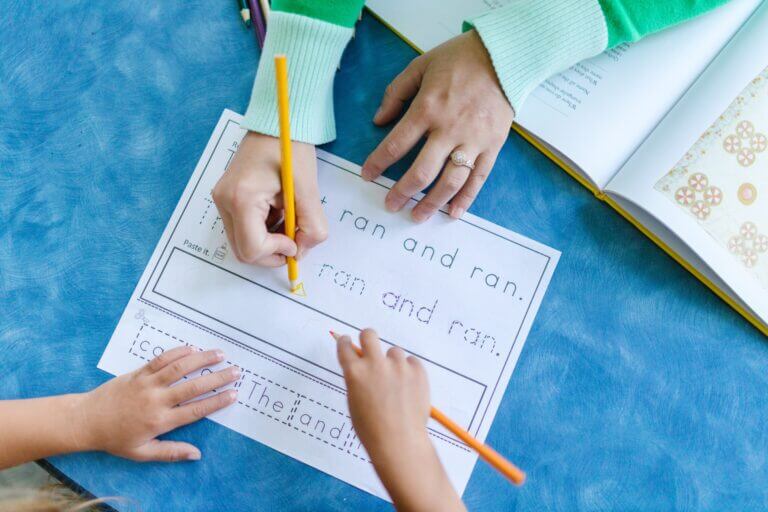In the early years of a child’s life, their brain is rapidly soaking up new experiences and information at an astonishing rate. It’s during these formative years that the foundation for lifelong learning and development is laid. Pre-K and transitional kindergarten (TK) programs—both of which are available in online and in-person settings—are designed to serve children aged three to five. These programs play a pivotal role in shaping a child’s cognitive, social, and emotional development. Here are five reasons how these programs support a child’s overall growth.
1. Cognitive Development
The brain’s capacity for learning is most malleable during the early years. Pre-K and TK programs provide an environment in which children engage in various activities that stimulate their cognitive skills. These activities include storytelling, puzzles, art projects, and interactive games that foster critical thinking, problem-solving, and creativity. By participating in such activities, children develop the foundational skills necessary for success in later education.
2. Socialization and Communication Skills
Pre-K and TK programs offer children their first structured exposure to a social environment outside of their immediate family. Through interactions with peers and teachers, children learn valuable social skills such as sharing, taking turns, and resolving conflicts. They also develop language and communication skills as they engage in conversations, express their thoughts, and listen to others. These skills are crucial not only for academic success but also for building healthy relationships throughout life.
3. Emotional Regulation
Emotional development is an integral part of early childhood. Pre-K and TK programs provide a safe space for children to learn about and manage their emotions. Through activities that encourage self-expression and emotional exploration, children develop skills to recognize and express their feelings appropriately. These skills contribute to their overall emotional intelligence, which has a lasting impact on their mental well-being and coping mechanisms.
4. Early Literacy and Numeracy
Pre-K and TK programs introduce children to the basics of literacy and numeracy in an engaging and interactive manner. Through reading sessions, rhyming games, and number activities, children begin to build a foundation for future academic success. Exposure to letters, sounds, and numbers at an early age primes their brains for more advanced learning in later school years.
5. Lifelong Love for Learning
Perhaps one of the most significant benefits of pre-K and TK programs is instilling a love for learning from a young age. When children experience education as an enjoyable and exciting journey, they are more likely to approach their future academic endeavors with enthusiasm and curiosity. Pre-K and TK programs set the stage for a positive attitude towards learning that can persist throughout a child’s academic journey.
Is Your Child Ready?
Pre-K and TK programs are more than just a place for childcare; they are invaluable opportunities for fostering holistic development in young children. Whether a parent or caregiver chooses an in-person experience or an online (or at home) experience for their student, the benefits cannot be overstated.
Knowing when your child is ready for kindergarten means weighing social skills and determining what they’ve already learned. To help gauge your child’s academic readiness, take a look at the following list of questions.
If you respond “no” to five or more of the below questions, pre-K or TK classes may be the right option for your student.
Can your child:
- Name and recognize 5 colors?
- Name and recognize 10 letters?
- Recognize their name in print?
- Write most or all letters in their first name?
- Follow 2-step instructions?
- Identify numbers from 1-10?
- Count and order objects from 1-10?
- Draw a line and closed circle?
- Use scissors and pencils or crayons with control?
- Order 3 things in a sequence or repeat a simple pattern?
As society continues to recognize the critical importance of early childhood education, investing in and expanding access to quality pre-K and TK programs will become a powerful tool for shaping a better, brighter future for our children.























































































































